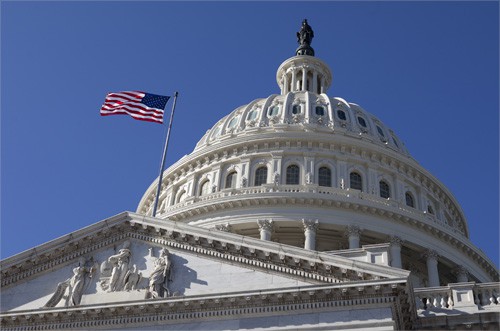Now that Democrats have taken control of the House of Representatives, it's possible that laws or regulations that scrutinize data management or push for more "consumer ownership" of data, similar to Europe's GDPR and PSD2 rules, will receive more attention. However, passage will be a heavy lift given the gridlock that will likely accompany a split government and early attention on the 2020 election, with campaigning likely to start within the next year.
"'[Currently] Congress, along with the administration, have a tough time pronouncing 'PSD2,'" said Richard Crone, a payments consultant, in an interview before the election results came in. For Democrats, a U.S. version of the payment services directive could be another position to maintain stiff regulatory control and transparency of fees for banks and payment service providers in response to Trump's weakening of the CFPB, Crone said.
At the same time, the chamber's rhetoric toward financial services issues is likely to change. What has been a focus on easing rules, tax cuts and expanding access to credit will likely be replaced by more attention on the industry’s mistakes and efforts to protect consumers.
Even if Democrats will be hamstrung in their ability to tighten rules for financial institutions, the new House leadership will likely be able to block any further deregulatory initiatives, and intensify criticism in oversight hearings of both the big banks and federal agencies attempting to draft administrative reforms. Given that Congress' efforts to repeal financial regulations such as the Durbin debit card rule were already stalled with full GOP control, there will be even less deregulatory momentum for at least the next two years, along with more focus on consumer protection. Rep. Maxine Waters [D, Calif.], likely the next chair of the House Financial Services Committee, is a staunch critic of the Trump Administration and has long pushed for consumer issues.
Given that Congress' efforts to repeal financial regulations such as the Durbin debit card rule were already stalled with full GOP control, there will be even less deregulatory momentum for at least the next two years, along with more focus on consumer protection. Rep. Maxine Waters [D, Calif.], likely the next chair of the House Financial Services Committee, is a staunch critic of the Trump Administration and has long pushed for consumer issues.
Analysts also think that Democrats may be willing to come to the table on financial technology issues and changes to the current anti-money laundering regulations.
“I think Maxine Waters, if she’s chair, and [Sen. Mike Crapo, R-Idaho], if he remains chair of [the] Senate Banking [Committee], there’s a chance that they could get some agreement on some smaller issues that are related to financial technology. … Waters is very partisan but I think she’s also unfairly characterized,” said Brandon Barford, a policy analyst at Beacon Policy Advisors.
This article has been adapted from reporting in American Banker and PaymentsSource.
After clicking on a story, use the back arrow in your browser to return to your search results. Use phrases "in quotes" or the tools below to better filter your results.



